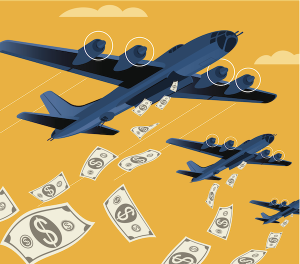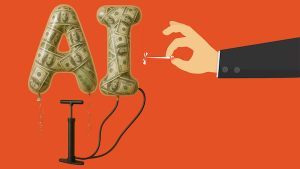In the column, Eichengreen says that due to political overreach and a financial crisis, there is a “scent of decline in the air” in the United States, a scent that he calls “the British Disease”:
“Doomed to slow growth, the US of today, like the exhausted Britain that emerged from World War II, will be forced to curtail its international commitments. This will create space for rising powers like China, but it will also expose the world to a period of heightened geopolitical uncertainty.”
But according to Eichengreen, the problem for Britain (or today’s United States, for that matter,) wasn’t poor management, bad schools, or even (arguably) a fundamentally flawed financial system. Instead, it’s economic policy, and Eichengreen points out that this is the most likely explanation for the British decline:
“Britain failed to put in place an effective competition policy. In response to the collapse of demand in 1929, it erected high tariff walls. Sheltered from foreign competition, industry grew fat and lazy. After WWII, repeated shifts between Labour and Conservative governments led to stop-go policies that heightened uncertainty and created chronic financial problems.”
Eichengreen continues:
“Herein lies the most convincing explanation for British decline. The country failed to develop a coherent policy response to the financial crisis of the 1930’s. Its political parties, rather than working together to address pressing economic problems, remained at each other’s throats. The country turned inward. Its politics grew fractious, its policies erratic, and its finances increasingly unstable.”
How can the United States learn from this lesson? Eichengreen doesn’t give any concrete answers, but maybe Berkeley’s new Economic History Laboratory will help inform future policy measures. Otherwise, Thomas Friedman of the New York Times posited recently that the American labor market must go through a marked transition to correct the economy’s course. Should incentives for this transition be somehow built into economic policy? If so, how?

